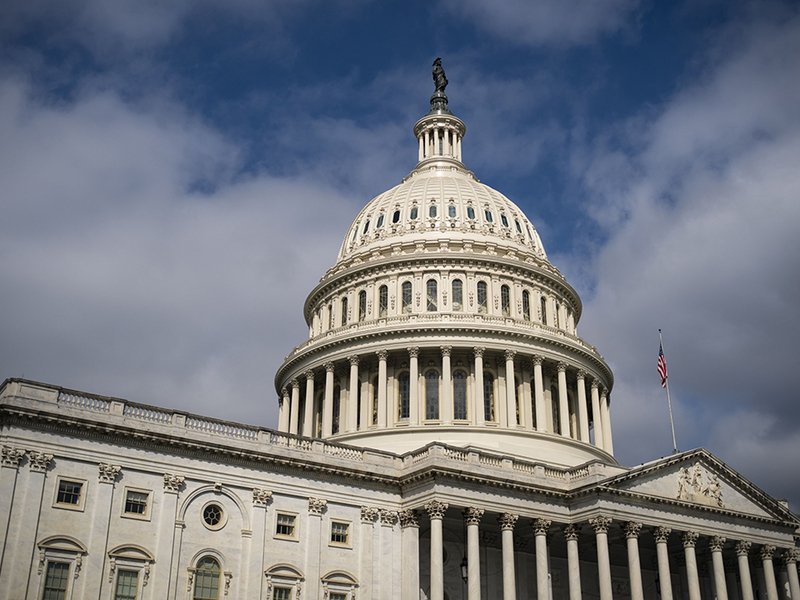
Groups representing the auto industry are supporting legislation unveiled Monday by two Democratic senators that would incentivize manufacturers to retool, expand or build facilities to produce clean-energy parts or technologies such as electric vehicles, batteries and semiconductor chips.
The American Jobs in Energy Manufacturing Act — introduced by Sens. Debbie Stabenow of Michigan and Joe Manchin of West Virginia — would provide $8 billion for a 30 percent tax credit to certain manufacturers seeking to expand or update their facilities. Companies eligible to apply for the tax incentive include those making electric and fuel cell vehicles, batteries, semiconductor chips and other components necessary to produce renewable energy products and reduce carbon emissions.
The American Automotive Policy Council, the Alliance for Automotive Innovation and the Motor & Equipment Manufacturers Association are endorsing the bill.
Groups promoting electrification efforts in the U.S. — such as the Electric Drive Transportation Association and the Zero Emission Transportation Association — also support the bill.
“Ford and GM and Stellantis are committed to the innovation and investments that will keep American auto manufacturing at the cutting edge of a very competitive global auto industry,” said Matt Blunt, president of the council, which represents the Detroit 3 in Washington.
“This legislation will clearly augment their efforts and assist their efforts as they do that,” he said during a virtual press call unveiling the bill.
Half of the funding — $4 billion — would be carved out for projects in regions where coal mines or coal power plants have closed such as West Virginia, one of the largest coal producers in the U.S.
“Tax credits to help incentivize the transition to a cleaner energy future should be targeted to driving reinvestment in the communities who are most impacted by this transition,” Manchin said.
Stabenow said the bill, which builds on the 48C Advanced Energy Manufacturing Tax Credit, also would incentivize manufacturers to create jobs in the U.S. by tapping into the existing skilled work force and reinvesting in communities experiencing high unemployment.
The congresswoman said China has been going “full bore” on its transition to clean energy and investing “about $100 billion in clean-energy manufacturing and electric vehicles.”
“I introduced the [bill] to address our supply chain shortages and drive investment in clean energy, automotive and battery manufacturing,” Stabenow said. “This bill ensures that America — not China — will lead the way in the clean energy revolution.”
Meanwhile, President Joe Biden answered urgent pleas from the automotive industry and other groups last week by directing a review of potential weaknesses in U.S. supply chains in an effort to address the global semiconductor chip shortage that has forced automakers to cut back vehicle production.
The action is a first step by the administration to comprehensively identify risks in the nation’s critical supply chains and part of Biden’s commitment to accelerate U.S. leadership in clean energy by potentially expanding domestic production of semiconductor chips, large-capacity batteries for electric vehicles, critical minerals and strategic materials such as rare-earth elements, and pharmaceuticals.

